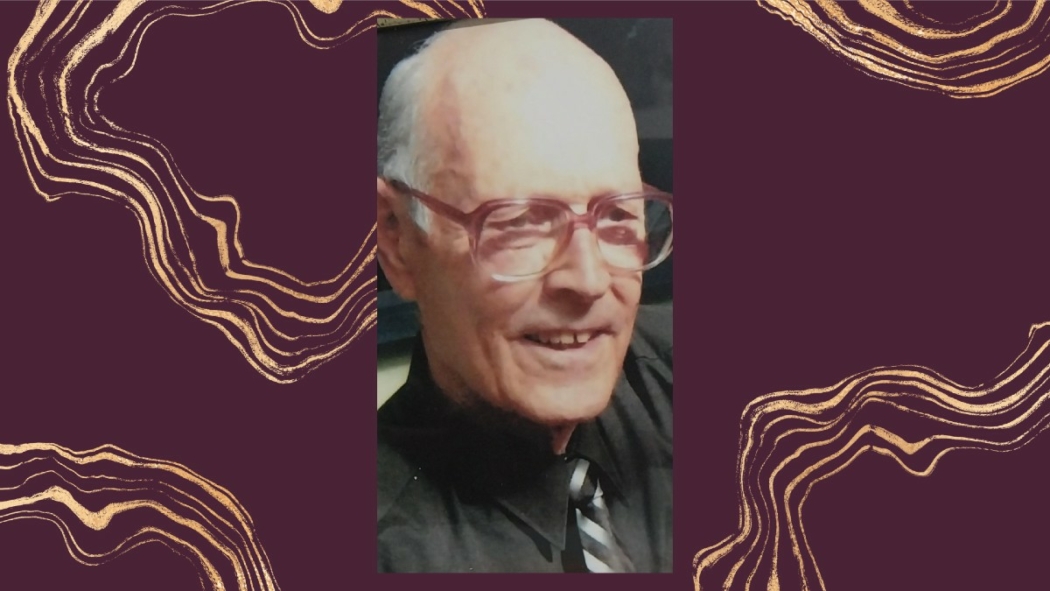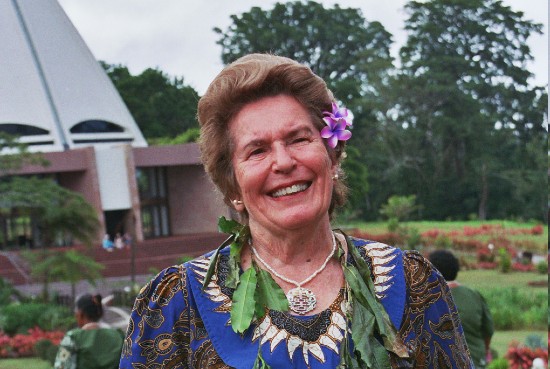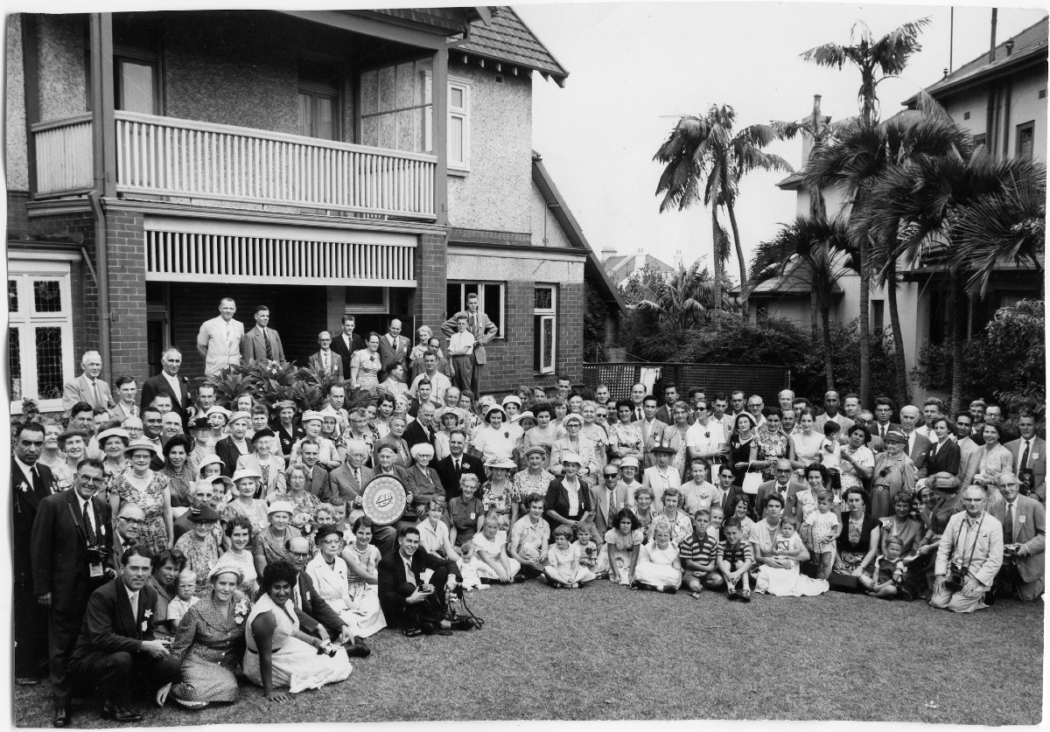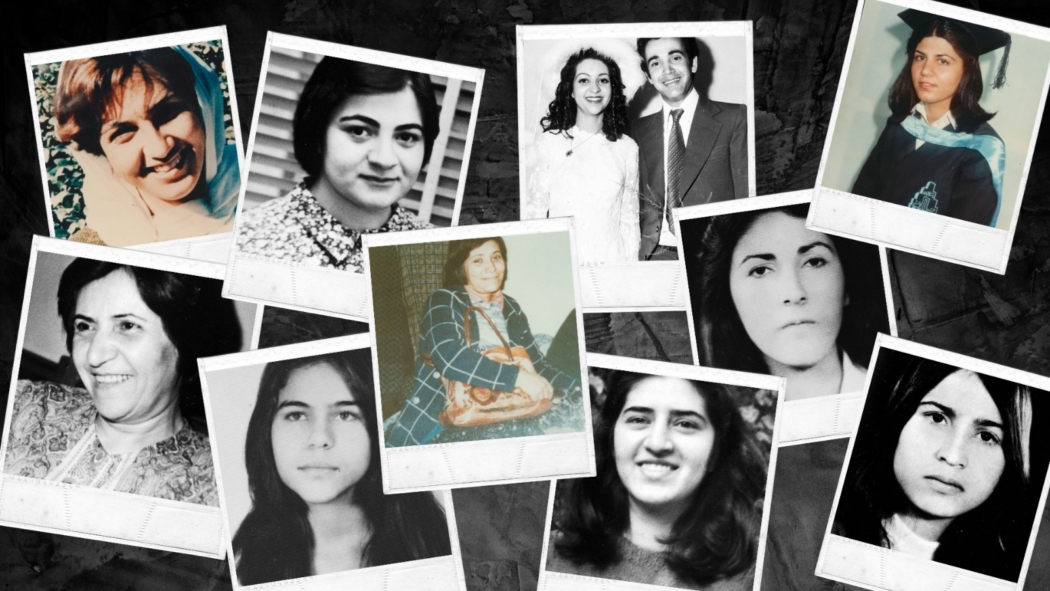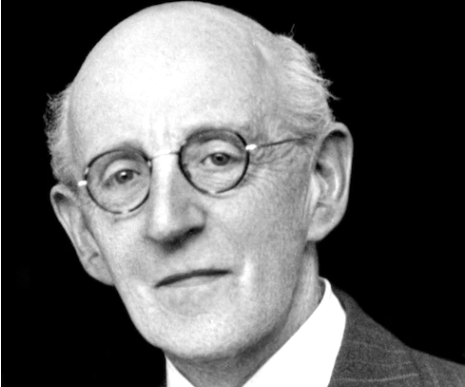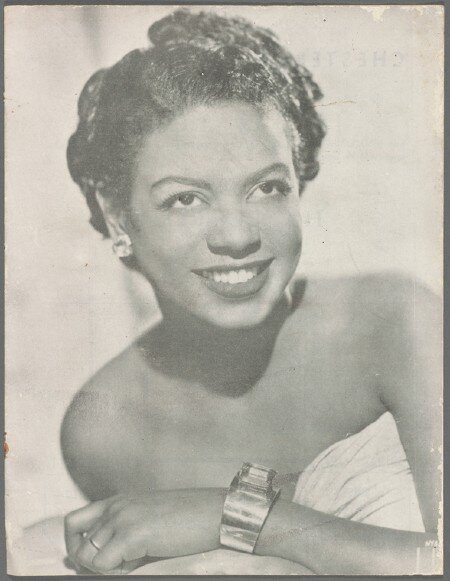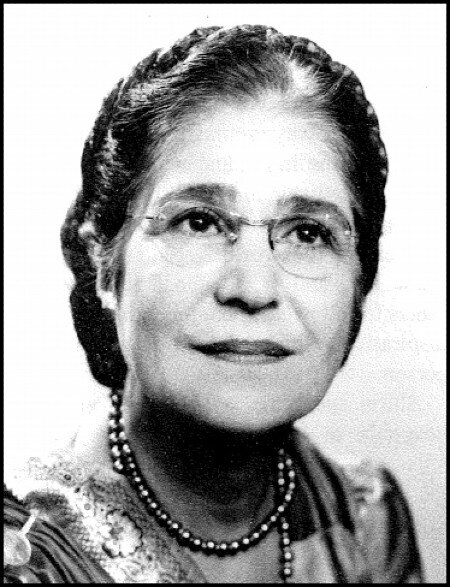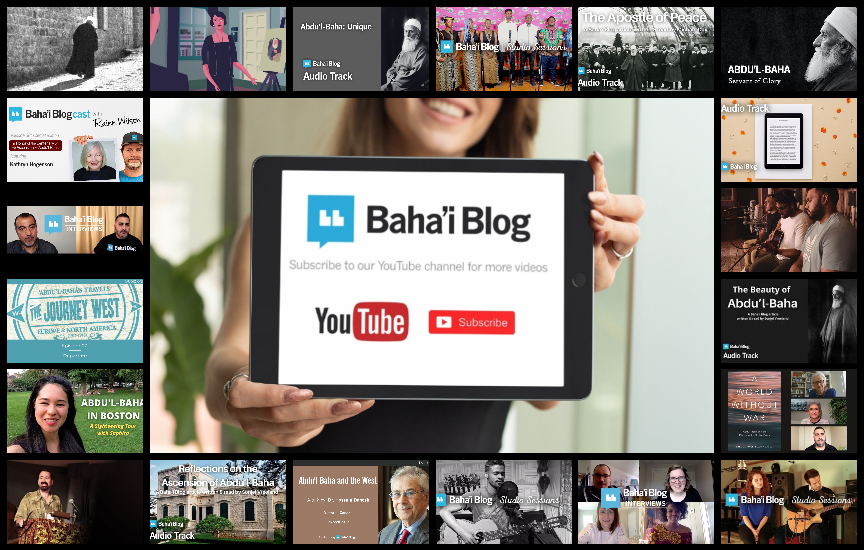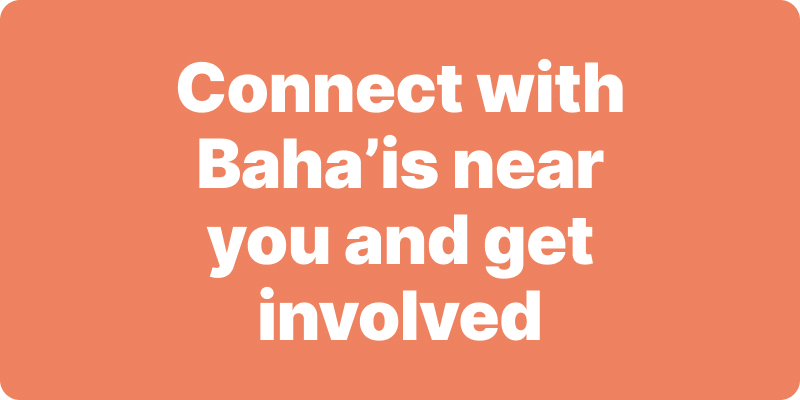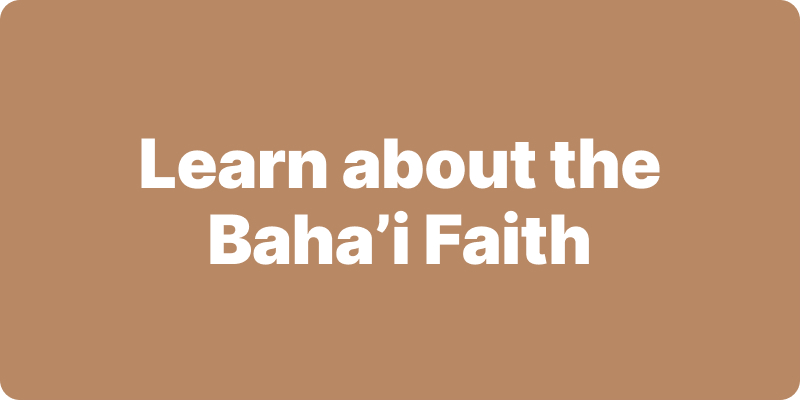Abdu’l-Baha was a global revolutionary.
In the Middle East, He led a household that practiced equality between women and men. In Europe, He spoke in churches about the oneness of all the religions. And in America, He emphatically practiced and preached about racial unity.
How one man, in a lifetime lived mostly in exile and imprisonment, managed to affect so many lives around him and lead a nascent faith to spread from one corner of the globe to become a world religion, is a remarkable expression of the mystery of Abdu’l-Baha.
Born the eldest son of Baha’u’llah, Abdu’l-Baha was not a prophet, and did not have any type of ‘mystic unity’ with Baha’u’llah. But He did perfectly reflect the teachings of His father – so much so that He was titled the Mystery of God.
In Abdu’l-Baha, the ‘incompatible characteristics of a human nature and a superhuman knowledge and perfection’ were blended and ‘completely harmonised’. There are endless accounts of Abdu’l-Baha’s magnetic personage, approachability, kindliness and love that personify His mystery.
One of the early American Baha’is said it is through the heart that we best glimpse Abdu’l-Baha’s special nature. So here I’ve given my personal top 5 reasons, from the heart, as to why Abdu’l-Baha was a mystery.
5. The face
Just setting eyes on Abdu’l-Baha was enough for many people to feel that here was someone quite distinct from the average man. When in America, one account (of many) seeing Abdu’l-Baha for the first time describes:
Without having ever visualised the Master, I knew that this was He. My whole body underwent a shock. My heart leaped, my knees weakened, a thrill of acute, receptive feeling flowed from head to foot. I seemed to have turned into some most sensitive sense-organ, as if eyes and ears were not enough for this sublime impression. In every part of me I stood aware of Abdu’l-Baha’s presence. From sheer happiness I wanted to cry – it seemed the most suitable form of self-expression at my command.
4. Superhuman knowledge
Abdu’l-Baha never went to school, and yet became widely known for His eloquence and broad knowledge on all topics. He travelled across continents giving speeches, and was widely respected for His knowledge. As Professor Edward Browne, of the University of Cambridge, described:
One more eloquent of speech, more ready of argument, more apt of illustration, more intimately acquainted with the sacred books of the Jews, the Christians, and the Muhammadans, could, I should think, scarcely be found even amongst the eloquent, ready, and subtle race to which he belongs.
3. Ego-phobic and service-philic
Us humans can be pretty selfish creatures at times, and in fact, mostly see it as a right to look after ourselves first and others second. Not so with Abdu’l-Baha.
During the first World War, Abdu’l-Baha saved a famine from occurring around the Haifa area by personally organising extensive agricultural operations and distributing a supply of wheat to the entire community. This earned Him a knighthood from the British government, making Him Sir Abdu’l-Baha Abbas KBE, but He never used the title. He didn’t even accept the car ride to the governor’s residence to accept the knighthood, preferring to ride in on His humble horse and carriage.
Abdu’l-Baha asked to be known by the title of Abdu’l-Baha, meaning servant of glory (a reference to Baha’u’llah), and has described Himself in the following way:
My name is Abdu’l-Baha. My qualification is Abdu’l-Baha. My reality is Abdu’l-Baha. My praise is Abdu’l-Baha. Thraldom to the Blessed Perfection [a reference to Baha’u’llah] is my glorious and refulgent diadem, and servitude to all the human race my perpetual religion… No name, no title, no mention, no commendation have I, nor will ever have, except Abdu’l-Baha. This is my longing. This is my greatest yearning. This is my eternal life. This is my everlasting glory.
2. Generosity
Once, Abdu’l-Baha’s wife bought Him a second cloak (He used to wear cloaks as was customary in the Middle East), fearing that He would give His away and be stuck without one. When He found out, he – as you may have guessed – gave the second one away, saying “How could I be happy having two cloaks, knowing that there are those that have none?”
And the number one reason why it is clear that Abdu’l-Baha is a super Mystery of God in my opinion…
1. Love, love, love
Abdu’l-Baha loved everyone. EVERYONE. His abundant love went beyond limited, ‘semi-selfish’ loves – love that is born of race or religion, colour or country, family or friendship.
Because His love of God and Baha’u’llah ran so deep, His love for human beings followed naturally and sincerely. He used to say “When you love a member of your family or a compatriot, let it be with a ray of the Infinite Love!”
This capacity for infinite love is all the more surprising given the life of trials that Abdu’l-Baha suffered. From the tender age of eight years, He witnessed and personally suffered persecution for His and His family’s beliefs. He witnessed the arrest and imprisonment of His father in the ‘Black Pit’, suffered exile on foot in bitterly cold winter months, experienced confinement in the prison city of Akka, and had family members that tried to openly discredit Him, just to name a few events.
Abdu’l-Baha used to say that, just like a letter between lovers that gets soiled and crushed is still precious, in the same way we must love our fellow man, no matter who he is, because he is God’s creature.
So there you have it, my top 5.
There’s an anecdote that describes how Abdu’l-Baha once gave away all His family’s sheep, to which Baha’u’llah laughed and remarked “We will have to protect Abdu’l-Baha from himself – someday he will give himself away.”
And in fact, that’s exactly what He did.








